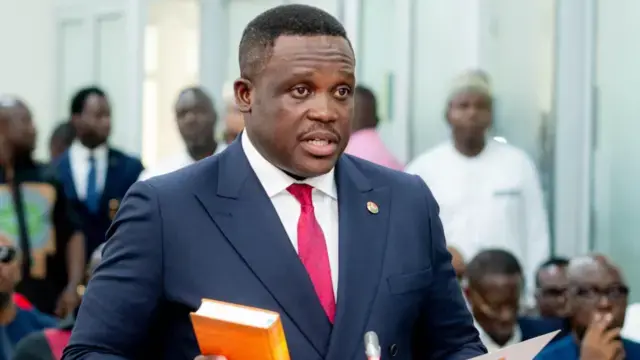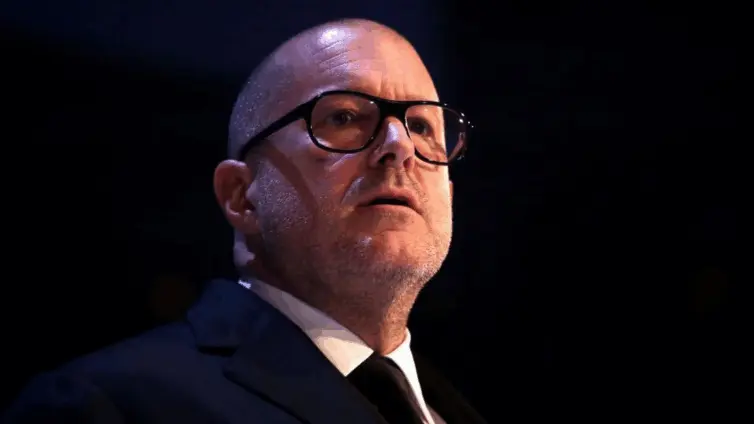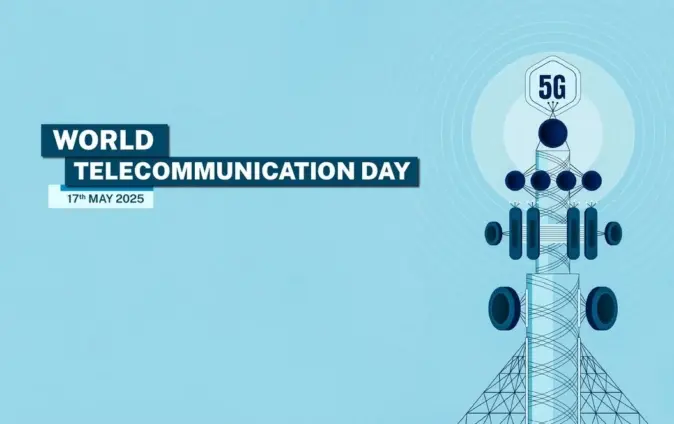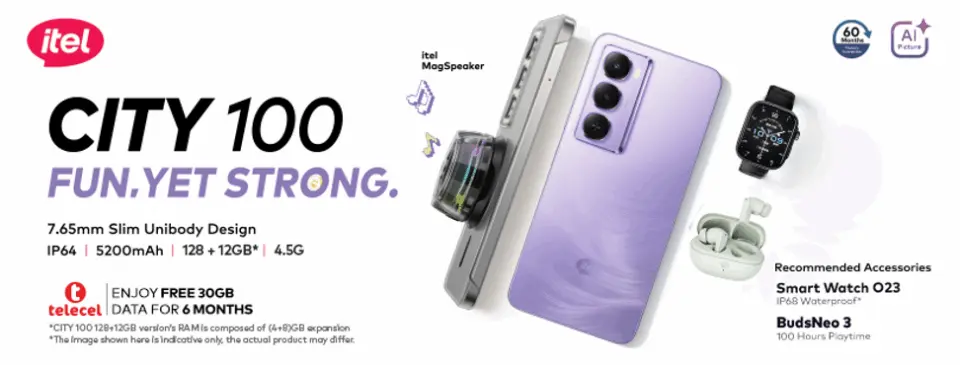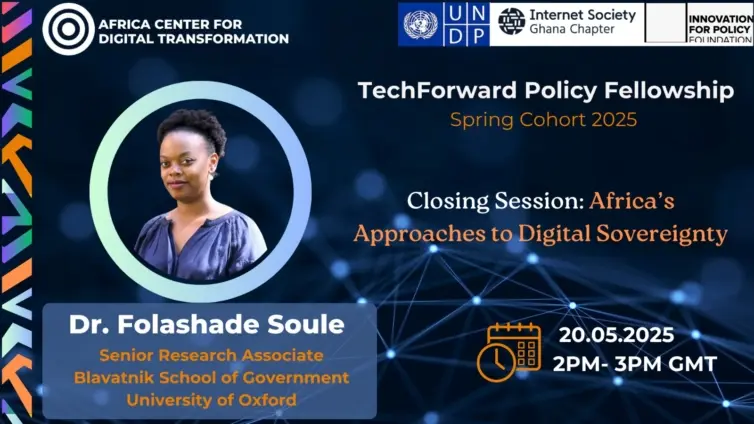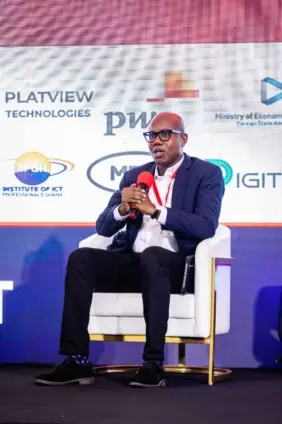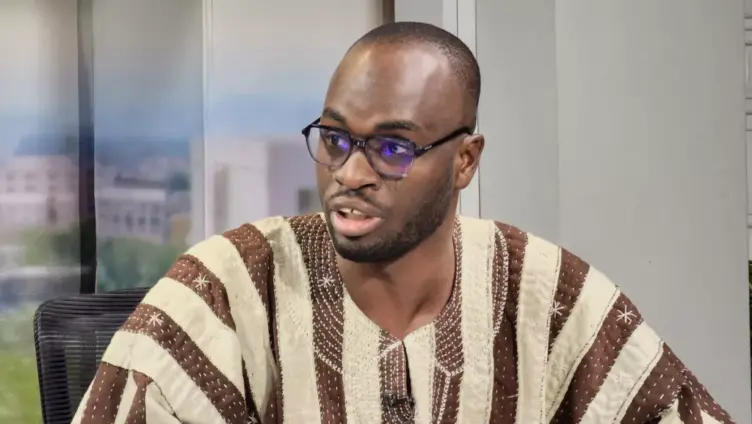Accra, Ghana – Samuel Nartey George, Ghana’s Minister for Communication, Digital Technology and Innovations, has set an ambitious goal: to bring down the cost of mobile data for Ghanaians by the close of 2025. This pledge, delivered during the recent World Telecommunications and Information Society Day celebration in Accra, has been met with a mix of hope and circumspection. The Minister’s declaration comes amidst growing public discourse on the affordability of data, a vital resource in an increasingly digital world. The question now is, can he deliver?
The Minister’s commitment to reducing data prices stems from a confluence of factors, including a desire to improve access to information and communication technologies for all Ghanaians. He has openly acknowledged the groundswell of social media activity surrounding the issue, indicating a clear awareness of the public’s concerns about the existing cost of data prices.
So, what’s the plan? According to the Minister, the path to cheaper data prices involves a carefully considered strategy developed in collaboration with key industry players.
A multi-stakeholder committee, bringing together representatives from telecom operators and the National Communications Authority (NCA), was formed to create a concrete roadmap. This group, composed of individuals deeply involved in Ghana’s telecommunications landscape, dedicated thirteen days in February 2025 to intensive deliberation and planning.
Currently, the NCA is actively engaging with these stakeholders to explore immediate, medium, and long-term solutions. This engagement process underscores a commitment to finding sustainable and effective ways to lower the cost of data prices without compromising the quality of service.
The Ministry is adopting a data-driven approach to inform its reform efforts. To ensure objectivity and a comprehensive understanding of the landscape, the International Telecommunication Union (ITU) is conducting an independent assessment of Ghana’s telecom tariffs. The Minister’s office intends to align the findings of the ITU’s report with the data already collected by the NCA, creating a solid foundation for evidence-based policy decisions that will positively affect data prices.
“I will not give directives that will affect the industry,” the Minister stated, emphasizing a collaborative approach. “What I will do is consult with industry and stakeholders and make decisions that protect investments in the country.” This statement highlights the delicate balance the government seeks to strike between ensuring affordable prices for consumers and fostering a healthy investment climate for telecom operators.
Lower data prices hold the potential to significantly increase internet access for a larger segment of the Ghanaian population. This, in turn, could unlock substantial economic benefits, fostering digital literacy and enabling greater participation in the digital economy. A more competitive telecommunications market, driven by affordability and accessibility, could also emerge.
However, challenges remain. Balancing affordability with the need for telecom operators to maintain profitability is a key consideration. Continued investment in network infrastructure is also crucial to support increasing data usage and ensure reliable service quality. Furthermore, effective implementation of the roadmap and policy decisions will be essential to translate the Minister’s promise into tangible results.
Minister Samuel Nartey George’s commitment to reducing data prices in Ghana by the end of 2025 is a bold step towards a more digitally inclusive future. While hurdles undoubtedly exist, the collaborative approach and the ongoing engagement with industry stakeholders offer a glimmer of optimism. The coming months will be crucial in determining whether this promise becomes a reality and whether Ghanaians will soon experience the benefits of more affordable data prices.
Image Source: MYJOYONLINE

